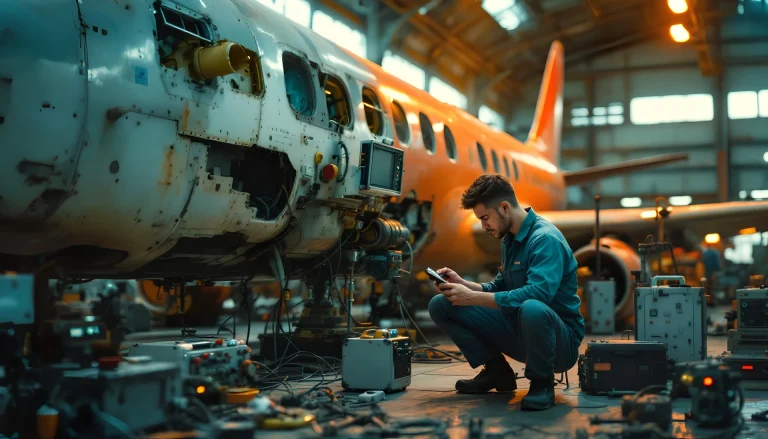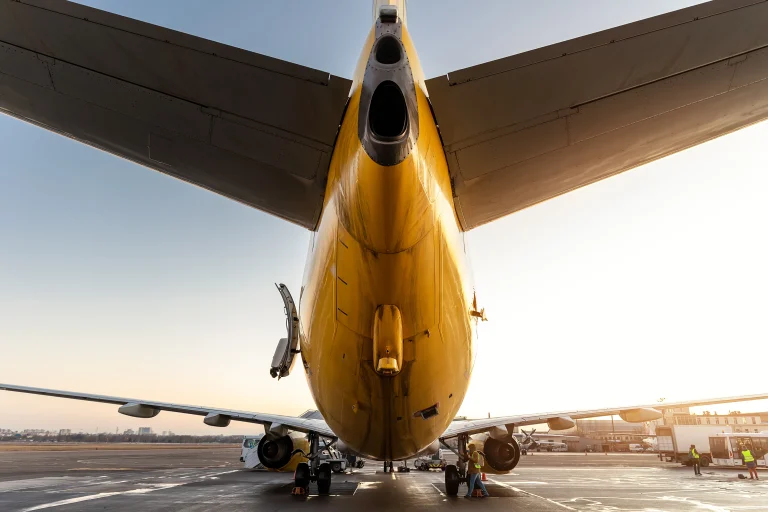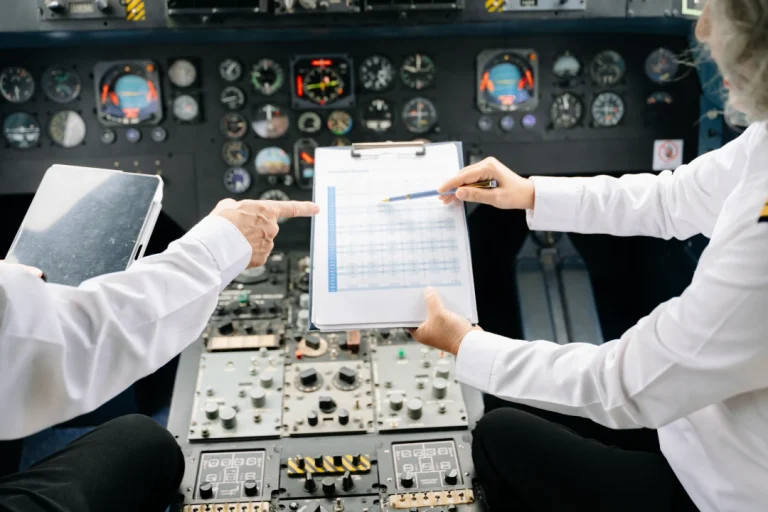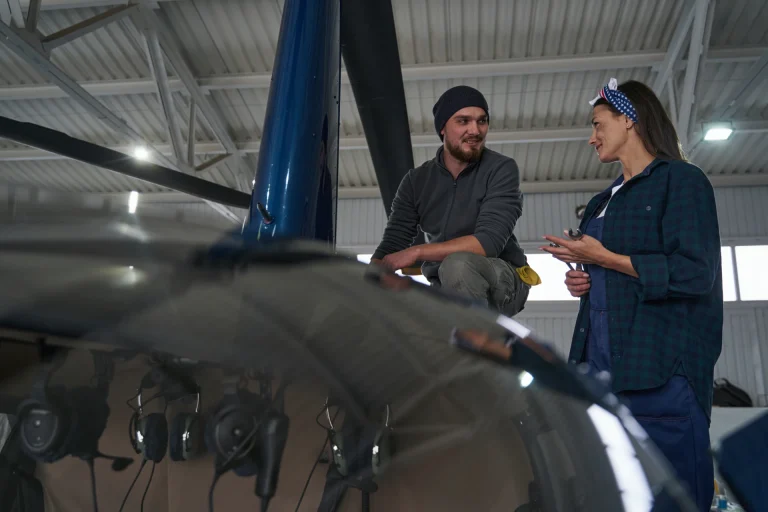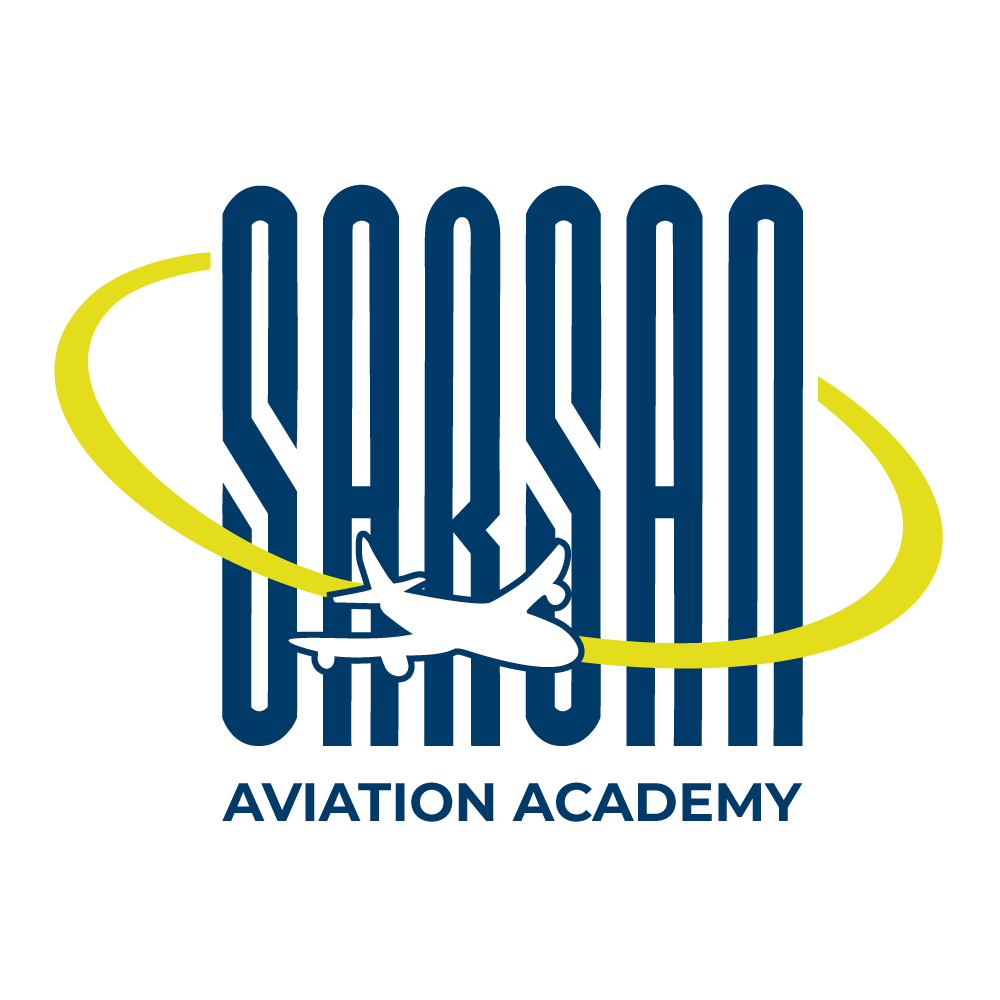Aircraft Maintenance Engineering (AME) is a specialized field that ensures the safety and airworthiness of aircraft. Aspiring AMEs undergo rigorous training to gain the skills and knowledge required to maintain and repair aircraft systems. Before you can enroll in an AME course, there are specific prerequisites and qualifications that you must meet. In this guide, we’ll break down the AME course prerequisites and help you determine if you have what it takes to succeed in this high-demand career.
What is Aircraft Maintenance Engineering?
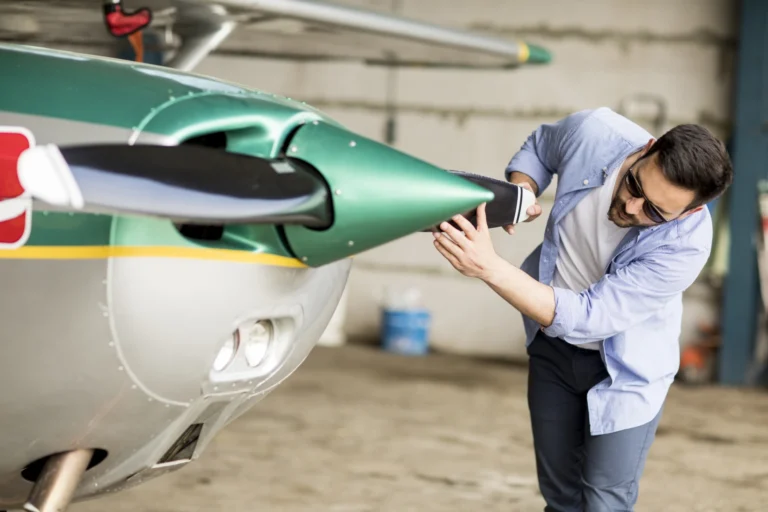
Before diving into the requirements, it’s essential to understand what Aircraft Maintenance Engineering (AME) entails. AMEs are responsible for the inspection, maintenance, and repair of aircraft to ensure they meet regulatory safety standards. This role involves a mix of hands-on work, technical expertise, and strict attention to detail.
An AME’s duties can include inspecting aircraft systems, troubleshooting mechanical issues, replacing parts, and keeping detailed records of maintenance work. AMEs play a crucial role in the aviation industry, as the safety of passengers and crew depends on the reliability of the aircraft.
Prerequisites for Enrolling in an AME Course
1. Educational Qualifications
Most AME programs require applicants to have a strong foundation in science and mathematics. Educational requirements typically include:
- High School Diploma or Equivalent: You need to have completed high school with a focus on science-related subjects.
- Specific Subject Requirements: Courses like mathematics, physics, and chemistry are usually mandatory, as they form the foundation for understanding aircraft systems.
- Minimum Grade Requirement: Many institutions set minimum grade requirements for science subjects, particularly in physics and mathematics, to ensure applicants can handle the technical coursework.
Tip: If you’re still in high school and considering a career in AME, focus on excelling in math and science classes to build a strong foundation.
2. Age Requirement
The age requirement for AME programs may vary by country and institution, but most AME courses require students to be at least 17 years old at the time of enrollment. This minimum age is set to ensure that students are mature enough to handle the responsibilities and safety requirements of the profession.
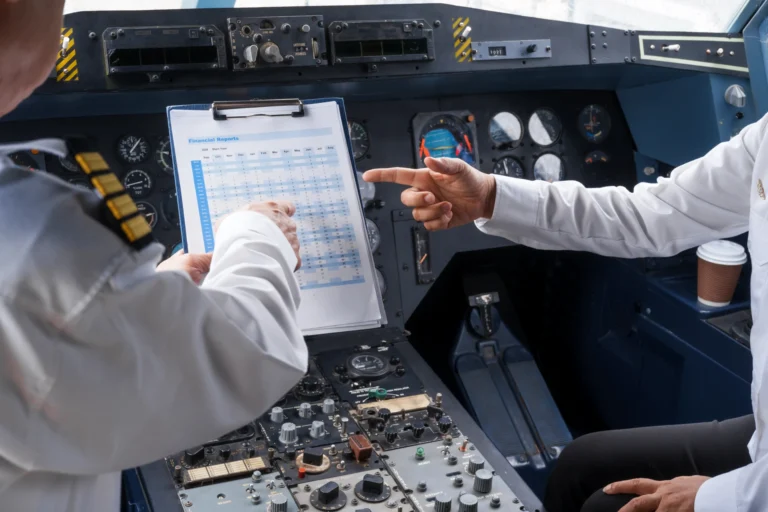
Note: Some countries may also set maximum age limits for enrollment in aviation training programs, particularly for specific certifications.
3. English Language Proficiency
Since English is the universal language of aviation, proficiency in English is essential for AME students. You’ll need to be able to read and understand complex technical manuals, communicate with team members, and document maintenance work accurately.
- English Language Tests: Some institutions may require proof of English proficiency through standardized tests like IELTS or TOEFL, especially if you’re an international student.
- Language Skills: Strong reading and comprehension skills are necessary, as AME students must be able to interpret detailed technical documents.
4. Physical Fitness
The role of an AME can be physically demanding. Maintenance engineers may need to work in confined spaces, at heights, or in various weather conditions. Therefore, physical fitness is a prerequisite for AME courses.
- Physical Stamina: AMEs need stamina to handle long shifts and physically intensive tasks.
- Manual Dexterity: Working with tools and performing intricate repairs requires good hand-eye coordination.
- Vision and Hearing: Clear vision (with or without corrective lenses) and good hearing are essential, as AMEs must accurately assess aircraft systems and detect potential issues.
Note: Some training programs may require applicants to undergo a physical fitness test or medical examination to ensure they can meet the physical demands of the job.
5. Background Check and Security Clearance
Aviation is a highly regulated industry, and AMEs are often required to work in secure areas of airports and facilities. Many AME programs and employers require background checks and security clearance as part of the application process.
- Background Check: Criminal background checks are common for anyone working in the aviation industry.
- Security Clearance: Depending on the level of access required, some programs may require additional security screening, especially if students will train at restricted airport facilities.
6. Passion for Aviation and Problem-Solving Skills
While passion may not be a formal prerequisite, a genuine interest in aviation and a curiosity for how things work are critical for a successful career in AME. As a hands-on profession, AME requires individuals who enjoy problem-solving and troubleshooting mechanical systems.
- Interest in Technology: A strong interest in technology and mechanics will make the training more engaging and enjoyable.
- Commitment to Safety: AMEs are responsible for the safety of passengers and crew, so a commitment to safety and attention to detail is essential.
Tip: Consider taking part in aviation-related internships, projects, or volunteer activities to see if the field aligns with your interests and skills.
Additional Skills and Qualities for AME Success
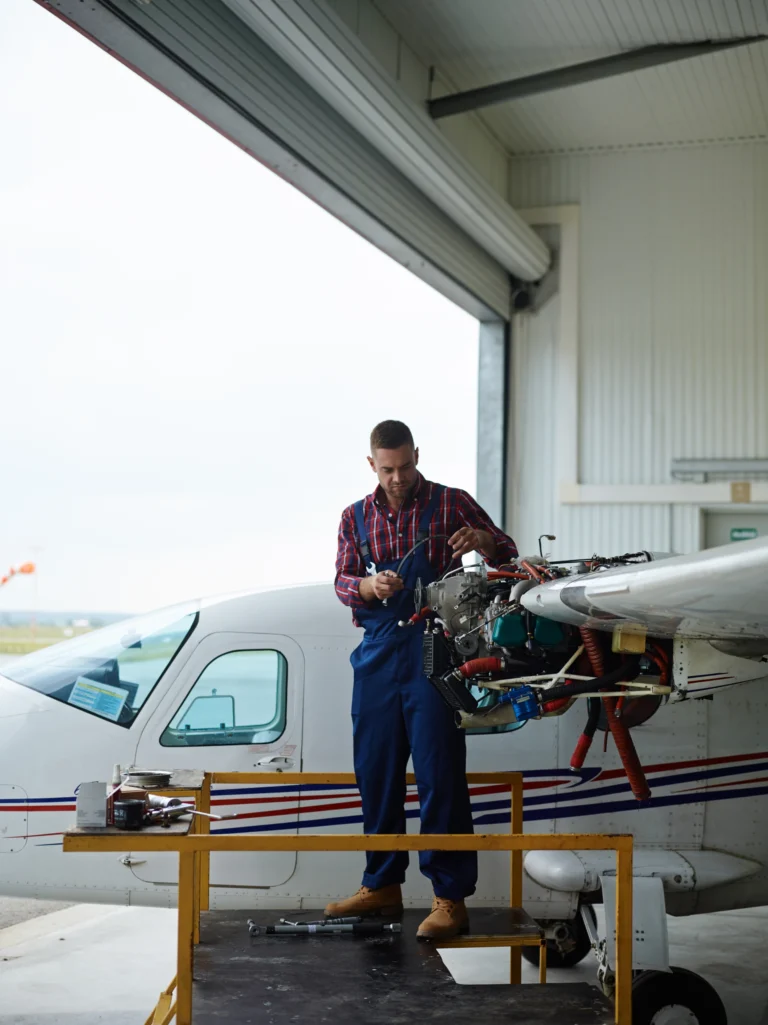
While the above prerequisites are necessary for admission, certain soft skills and qualities can help you succeed in AME training and in your career.
Attention to Detail
Aircraft maintenance is highly precise work, and even small errors can have serious consequences. AMEs need to be detail-oriented and meticulous to ensure every component is properly inspected and maintained.
Teamwork and Communication
AMEs often work as part of a team, coordinating with other engineers, technicians, and supervisors. Effective communication skills are essential for ensuring tasks are completed safely and efficiently.
Willingness to Learn
The aviation industry is constantly evolving, and AMEs must stay up-to-date with the latest technologies, tools, and regulations. A commitment to continuous learning is essential for long-term success in this field.
Pathway to Becoming an AME: Course Structure and Training
If you meet the prerequisites for an AME course, here’s an overview of what you can expect from the training program:
Theoretical Training
AME courses cover a range of topics, including aviation regulations, aircraft systems, materials and hardware, and electrical and avionics systems. Theoretical training builds a solid foundation in understanding aircraft systems and industry standards.
Practical Training
Practical, hands-on training is a core component of AME programs. Students gain experience working on real aircraft and learn how to perform inspections, diagnostics, and repairs in simulated environments. This training prepares students for real-world maintenance tasks and ensures they can apply their knowledge practically.
Certification and Licensing
If you meet the prerequisites for an AME course, here’s an overview of the training path, including GCAA CAT Certification alongside other recognized certifications:
GCAA CAT A and B Certification: The General Civil Aviation Authority (GCAA) in the UAE offers Category A (CAT A) and Category B (CAT B) certifications. CAT A certification focuses on basic maintenance tasks, qualifying engineers to perform limited repairs under supervision, while CAT B certification offers a deeper level of training, enabling AMEs to carry out a full range of maintenance and troubleshooting on aircraft systems.
EASA Part-66 and FAA A&P Certifications: The European Union Aviation Safety Agency (EASA) provides the Part-66 license, an internationally recognized certification that qualifies AMEs to work on various aircraft types. Similarly, the Federal Aviation Administration (FAA) offers the Airframe and Powerplant (A&P) license, covering all aspects of aircraft maintenance for those working in the United States.
Do You Have What It Takes to Be an AME?

If you’re detail-oriented, enjoy hands-on technical work, and have a strong interest in aviation, Aircraft Maintenance Engineering could be a rewarding career choice. Meeting the prerequisites and possessing the right mindset will set you on the path to success. A career as an AME offers job stability, global opportunities, and the chance to work in one of the most dynamic and essential fields in aviation.
Sarsan Aviation Academy provides accredited AME courses that offer both theoretical knowledge and hands-on training. Contact us today to learn more about our programs and take the first step toward your future in aircraft maintenance engineering.
Take the First Step Towards an Exciting Career
Don’t let uncertainty hold you back from pursuing a fulfilling and dynamic career. With Aircraft Maintenance Engineering, you can turn your passion for aviation into a profession that offers endless opportunities.
